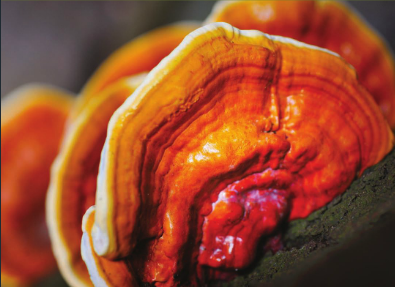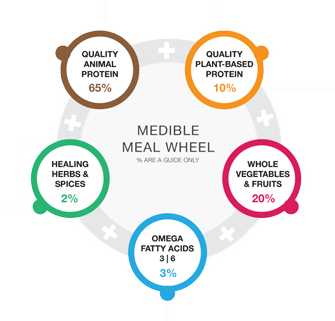NEW STUDIES CONFIRM MUSHROOMS ARE ANTI-CANCER POWERHOUSES
Cancer is the leading cause of death worldwide – for humans and dogs. Current stats say 1 in 3 dogs will have cancer in their lifetime and that narrows to 1 in 2 over the age of 10. Medicinal mushrooms can help.
































